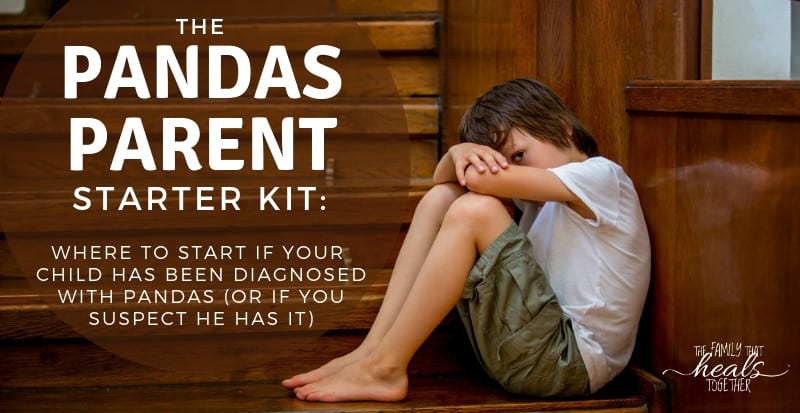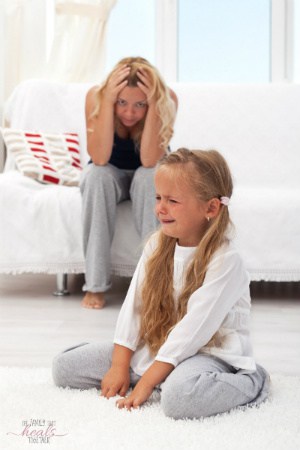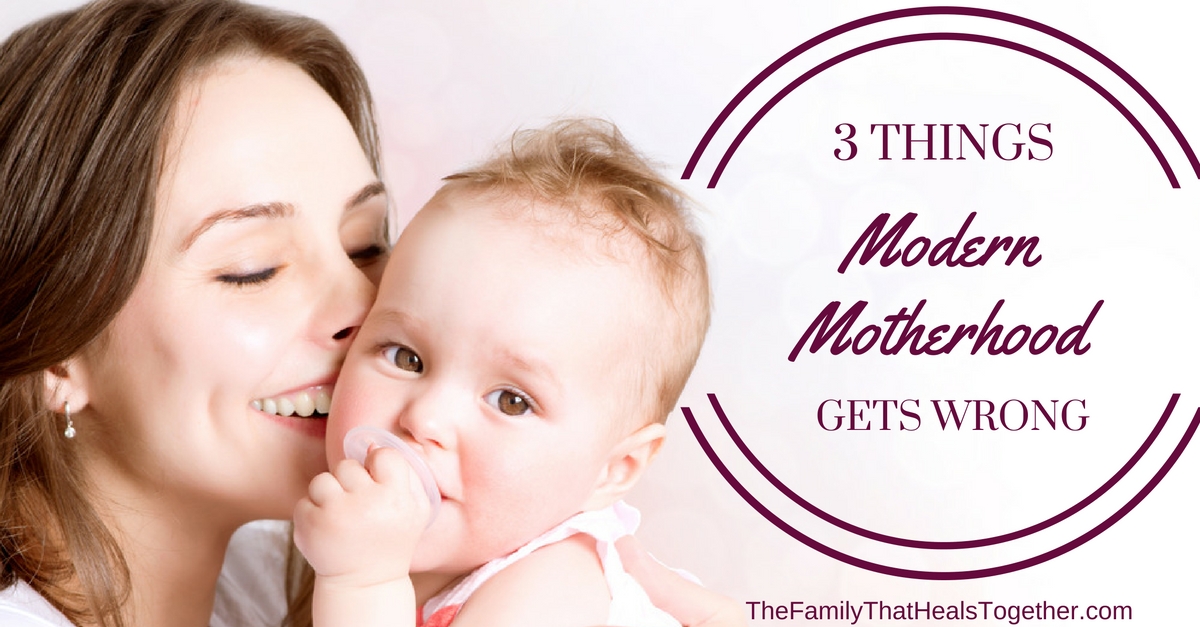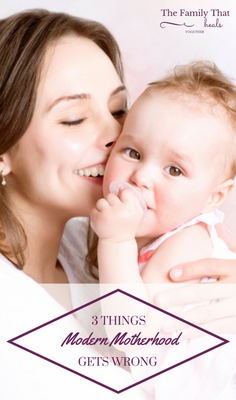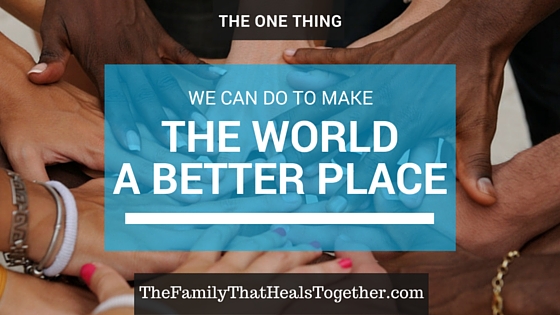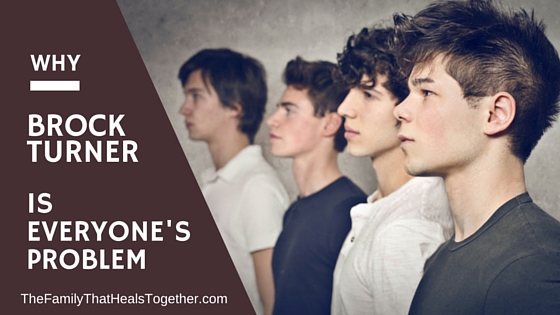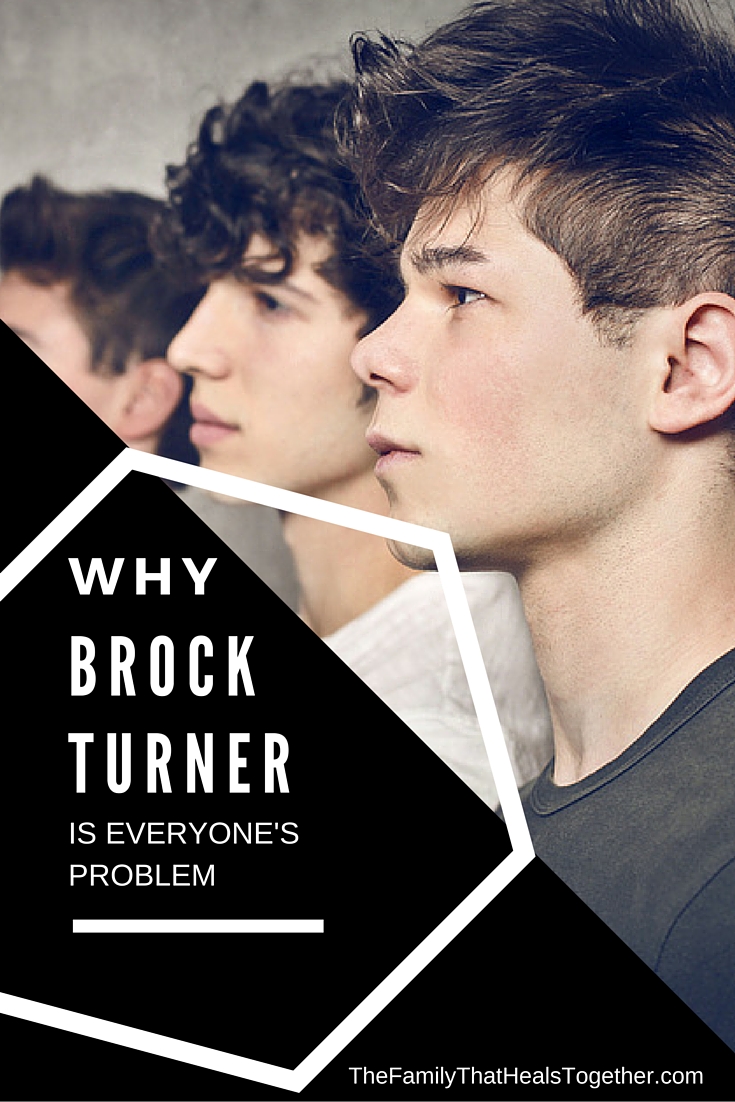PANDAS syndrome, though becoming increasingly more common and well-known, is still poorly understood by the majority of doctors. If your child has recently received a PANDAS diagnosis (or if you suspect your child has PANDAS or PANS), you’ll find the “PANDAS Parent Starter Kit” below helpful.
If you’re the parent of a child with puzzling and frustrating behaviors, you’re likely wondering what you’re doing wrong, what’s wrong with your child, and what can be done to improve your child’s behavior and relationships in the family, and to bring peace to your home.
Let me assure you, if you’ve landed here, you’re on to something. You know something isn’t quite right with your child, and you’re committed to helping him or her. Let me also assure you that there is hope! Whether your child has already received a PANDAS diagnosis, or whether you suspect that’s what could be going on, the tips below will help you get started to getting your child back on the right track.
How do I know if my child has PANDAS or qualifies for a PANDAS diagnosis?
First things first- is your child exhibiting symptoms of PANDAS? PANDAS symptoms can be wide-ranging, but mostly include neurological and behavioral abnormalities, like:
- Obsessive compulsive disorder
- Bipolar disorder
- Anxiety
- Hyperactivity
- Restrictive eating
- Tics
- Depression or suicidal thoughts or ideation
- Developmental or behavioral regression
- Rage, aggression, or irritability
- Sensory processing disorder
Often, these symptoms develop almost overnight, and usually following an illness. Sudden, acute onset of behavioral disorders is generally believed to be a hallmark of PANDAS syndrome, although some children do experience a slow decline that worsens with exposure to illness or other triggers.
What are the causes of pandas?
Because PANDAS stands for Pediatric Autoimmune Neuropsychiatric Disorders Associated with Streptococcal Infections, the belief is that the main cause is a strep infection. However, evidence continues to emerge which links symptoms of PANDAS to many other triggers, which is why a broader diagnosis of PANS may be more appropriate for many children exhibiting symptoms.
PANS stands for Pediatric Acute-onset Neuropsychiatric Syndrome. Besides a strep infection (which may or may not present as a classic sore throat), the neuropsychiatric symptoms above can result from exposure to:
- mold
- Lyme disease and co-infections
- environmental triggers and chemicals (though these have more of a cumulative effect and may result in a slow decline, rather than acute onset of symptoms)
- flu
- Espstein Barr virus (mono)
- stomach bug
- other acute infections
- vaccinations (read about how vaccinations can trigger an autoimmune response here)
The best way to describe how PANDAS or PANS develops is that it is an autoimmune response to illness or some other trigger. Rather than creating antibodies against the disease like a well-functioning immune system should, the immune system instead creates antibodies against brain tissue. When the immune system attacks brain tissue, we see undesirable behaviors.
How do you treat PANDAS?
After reading the above, you may be pretty sure this is, indeed, what your child is dealing with. Whether your child has all or just some of the symptoms, whether there was a slow decline or an acute onset, the tips below can help your child recover.
Does PANDAS syndrome go away?
Yes! Many children reach full recovery from PANDAS. Because the underlying causes and triggers vary, modalities for reaching complete recovery can also vary.
The PANDAS Parent Starter Kit:
where to start after a PANDAS diagnosis- or if you suspect PANDAS or PANS
Below, you’ll find some steps you can take to help your child begin recovering now, whether you have an official PANDAS diagnosis or not.
Diet
Sorry. You knew I was going to start here. You knew it was coming: you must change your child’s diet. But even if you’re not 100% ready to go all in, there are baby steps you can take to begin improving your child’s behavior now!
To begin with, choose a handful of ingredients to eliminate totally and completely, not allowing your child to have them even on occasion. Here are the ones I suggest starting with:
- Food dyes. This is non-negotiable. Kids with neuropsychiatric disorders cannot tolerate food dyes because of their neuro-toxic properties. They stimulate brains cells and cause them to misfire, leading to early brain cell death.
- Artificial sweeteners. So you’re trying to do better and cut down on the sugar in your child’s diet? Unfortunately, when it comes to brain health, artificial sweeteners are worse than sugar. Like food dyes, the chemicals are neurotoxins that can cause unwanted behaviors. Be wary of anything labeled “sugar-free.”
- MSG. Another neurotoxin that hides under a variety of names.
- High fructose corn syrup. This syrup is chemically-derived from corn starch, giving it a high-fructose makeup which goes straight to the blood stream, causing both blood sugars and behaviors to spike.
Once you’ve tackled the worst ingredients, you’ll want to move on to eliminating ingredients like gluten and dairy from your child’s diet. Like children with autism, a gluten-free, casein-free diet can greatly benefit children with other neurological disorders like PANDAS or PANS.
Unfortunately, some parents don’t see a big difference in their child from just the above changes, so they give up and quit a healthy diet. The truth is, the above changes may not be enough for many children with PANDAS.
Many PANDAS kids do best with a very strict paleo diet, eliminating not only junkie ingredients, gluten, and dairy, but also refined sugars, legumes, and all grains. Yes, eliminating all grains means that store-bought gluten-free foods are a no-go.
Interested in the GAPS diet? Read more and find recipes here.
You don’t have to wait for a PANDAS diagnosis to see benefits in your child’s behavior from making diet changes. Choose a place to start, explain to your child that these changes are so he can feel better, and dig in (and don’t look back!). Changing your child’s diet is truly the cheapest and easiest way to help your child; I promise!
Wise supplementation
There can also be helpful supplements you can use to compliment your child’s diet changes. Start slowly, experiment, and don’t be discouraged if you don’t find just the right combination right away. Here are a few that we have found helpful, which we go back to time and time again.
Bioray Kids Happy- while this supplement isn’t entirely compatible with the GAPS diet because it has added flavors, it has been one of the most helpful supplements for quieting a behavioral flare.
Happy contains a unique blend of liver and immune-system supporting mushrooms, as well as chlorella, which supports detoxification, plus herbs that support the removal of unwanted organisms, like bacteria, viruses, and parasites. Most importantly, it has been clinically proven to reduce angry outbursts. Read more about our experience with Happy here, or buy Happy here.
Smidge probiotic- it’s important to use a good probiotic when working to heal the gut. While we have experimented with a variety of probiotics, we always come back to Smidge for a number of reasons, not the least of all that it was developed specifically for sensitive children with neuropsychiatric disorders. It’s free of bacterial strains that will exacerbate behavioral symptoms, as well as those that increase histamines, which can result in unwanted behaviors.
Smidge is both gentle and effective, making it a good choice for PANDAS kids. Plus, one bottle (though seemingly expensive up front) lasts a long time, making it the cheapest probiotic (per dosage) that our family has used to date. Buy Smidge here.
Oregano extract- oregano is a very powerful herb that works to combat a variety of infections, especially strep. It has anti-inflammatory, anti-microbial, and anti-fungal properties, and may even kill pathogens like MRSA and listeria. Oregano essential oil can be useful for ailments like colds and flu.
While we stick with oregano extract in general, we have also found that a supplement called Oregano Spirits works well when we need to pull out the big guns.
Get oregano leaf extract here and Oregano Spirits here.
Cod liver oil- while some children with tic disorders don’t do well with cod liver oil, we have found it to be one of the most effective supplements for stopping tics. Between the brain-fueling omega fats and the immune-boosting vitamins A and D, I think cod liver oil is one of the most important supplements for any of us to take. (Read more about how and why to choose a good cod liver oil here.)
There are only a couple brands of cod liver oil I trust and have had good results with. My favorite, most high quality is Rosita’s Extra Virgin Cod Liver oil, a small batch, artisan cod liver oil that is the purest available. Read more about it and buy it here.
Nordic Natural cod liver oil also has benefits, which I sometimes pick up at the grocery store between bottles of Rositas. You can check that one out here.
Magnesium- there are a variety of magnesium supplements available, but those we’ve had the best luck with are MagMind and Morning Magnesium. Read more about the best types of magnesium here.
While this is not an exhaustive list of supplements that can help with symptoms of PANDAS, these are a few we have found very helpful. Always go slowly, start one supplement at a time, and check with your healthcare professional before starting a new regimen.
Medical testing
Whether or not you’ve gotten an official PANDAS diagnosis, there are some tests that can be helpful to get to the bottom of some of the underlying conditions contributing to your child’s behavior.
We’ve done extensive testing over the years. Some has been expensive, unnecessary, and, ultimately, unhelpful. Others have been helpful and given us insight about how to proceed with treatment.
Tests that can be helpful
- Stool testing. This can show what pathogens are overgrown or lacking in your child’s gut. It was stool testing that led me to suspect PANDAS, because, although blood testing didn’t find strep, stool testing did.
- DNA/genetic testing. This can help you determine if your child has any genetic mutations contributing to improper detoxification, as well as give direction for other supplementation down the road. Read more about MTHFR mutations and how to test for them here.
- Blood tests for specific pathogens. This may give you a start to figuring out what underlying infections your child might be battling, including strep, epstein barr virus, Lyme disease, and more. The caveat is that blood tests aren’t always accurate, and while they may provide answers, they could be a dead end too.
Tests that I would skip
- Food allergy testing. While a lot of kids are clearly unable to tolerate milk or gluten, these often will not show up on any allergy tests. Your better bet is to do an elimination diet or just dive in to a gut-healing diet like GAPS. The key is healing leaky gut to eliminate food allergies.
- The Cunningham Panel. If it’s important to you to get a medical PANDAS diagnosis, as well as get more information about what’s happening in your child’s brain, you may want to do this test. Learn more about it here. However, some PANDAS specialists may offer a clinical diagnosis based on symptoms and history.
Finding a doctor
If you are going to go the route of having tests run and may be considering using some conventional treatments (like antibiotics or IVIG) to compliment a healthy diet and supplementation, you can’t depend on just any doctor.
Most pediatricians and doctors are not familiar enough with PANDAS to offer treatment solutions, and many even deny that PANDAS or PANS even exist!
You’re much better off finding a PANDAS specialist, who will know which tests to run, which medications and supplements may be a good fit for your individual child, and how to support you with healthy lifestyle changes.
Search here to find the nearest PANDAS specialist to you, then be sure to call and ask questions before scheduling an appointment. You may also want to search for groups on Facebook where you can find other PANDAS parents near you who have had experience with a certain doctor. Many times feedback from other parents can be invaluable when searching for a doctor you can trust.
Use this PANDAS Parent Starter Kit to keep from getting overwhelmed
If your child has received a PANDAS diagnosis, or even if you just suspect your child might be suffering from PANDAS or PANS, I know it can be scary, overwhelming, and frustrating trying to get help. I’ve been there.
The emotions we experience as the parent of a PANDAS kid cannot be adequately described in words. We often feel like our child has been kidnapped and that we will never see them again. And we would do anything in our power to help them recover.
Take heart. There is hope for your child to recover, and you don’t have to do everything all at once. The above steps should be looked at as baby steps, with diet being the foundation of recovery.
Many children find healing in a variety of ways, which cannot be thoroughly covered in one blog post. However, just starting somewhere and working to lower your child’s inflammation is an excellent place to start and get him on the road to recovery.




